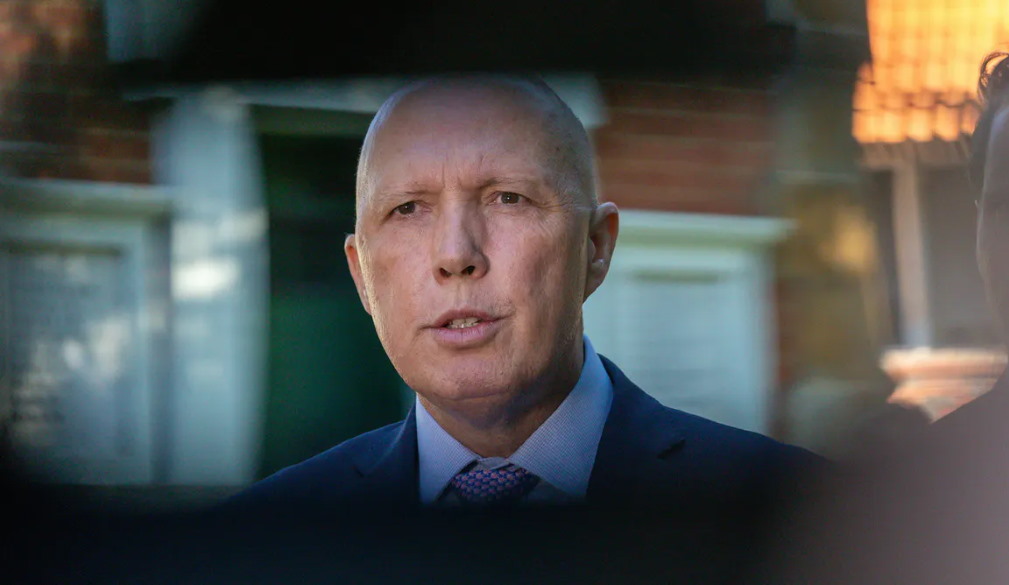Military 'watch-dog' Neil James on Afghanistan, China, and Peter Dutton
- Written by Michelle Grattan, Professorial Fellow, University of Canberra

Sunday is ANZAC day - and this year it comes at a particularly important time for Australia’s military image.
Last week, Scott Morrison announced Australia’s remaining troops will leave Afghanistan by September, following President Biden’s announcement of the United States withdrawal.
One negative legacy of Australia’s participation in this conflict is documented in the Brereton report on Australia war crimes, which detailed alleged incidents of unlawful killing and cruelty by some special forces troops.
Among the report’s recommendations was the revocation of the Meritorious Unit Citation that had been awarded to some 3,000 soldiers.
The Chief of the Australian Defence Force, Angus Campbell, agreed with the recommendation. But critics were fierce and this week the new Defence Minister Peter Dutton said the award would not be revoked.
Executive Director of the Australia Defence Association Neil James joins the podcast, to discuss the withdrawal from Afghanistan, the strategic risk China poses, and the high profile new minister in the portfolio.
James is concerned the departure of international forces from Afghanistan will lead to more instability.
“By withdrawing and without a peace agreement with the Taliban, it’s going to be a reasonable problem. The simple thing about all wars is they always end when one side gives up or both sides get tired. And in this case, unfortunately, the message being sent to the Taliban is that the international community has given up.”
On China, James is concerned about any “number of flash points that could easily cause a war, even if only accidentally”.
Taiwan “is the big flash point.”
“President Xi will seek to legitimise his presidency by, in his words, absorbing Taiwan back into the motherland. That will automatically cause a war for the simple reason that Taiwan is a functioning democracy and a lot of the world’s democracies will probably object to that. That’s the biggest flash point.”
On the controversial Dutton decision to override Campbell over the citation, James believes the minister did the wrong thing.
“I think probably, to be brutally frank, he was ill advised. And I think if he [had] bothered to consult a bit more broadly and understood the implications of what he was doing, he may not have done it.”
“[The revocation] needs to be done for the simple reason that the revocation of the citation isn’t an Australian issue - it’s an international issue. We’re showing the world that we’re taking the Brereton report seriously.
"We admit the war crimes occurred even if we have difficulty convicting anyone of it, eventually. They certainly definitely occurred. And therefore, we have to be seen to be doing something about it.
"And by cancelling the revocation, we’re actually sending the wrong message internationally about Australia’s commitment to international law. But we’re also sending the wrong message internally within the defence force about unprofessional behaviour.”
While James thinks Dutton was “the only bloke who could have taken over the ministry after [Linda] Reynolds” was moved, he remains a strong defender of Reynolds.
Even before the Brittany Higgins matter, Reynolds faced considerable criticism from commentators. James believes there was a sexist element in some of the attacks on her performance in the portfolio, and he condemns those who thought Australia couldn’t be “taken seriously as a country when both the foreign minister and the defence minister were female”.
“I mean, that’s just absurd in the 21st century. It was actually absurd for most the late 20th century.”
A List of Ways to Die[1], Lee Rosevere, from Free Music Archive.
References
- ^ A List of Ways to Die (freemusicarchive.org)



















